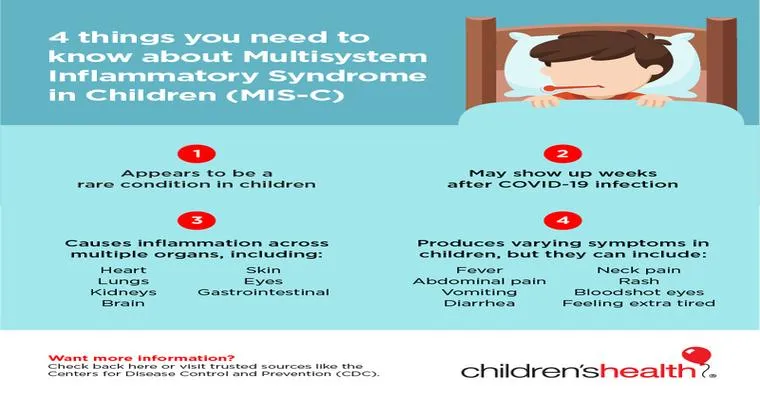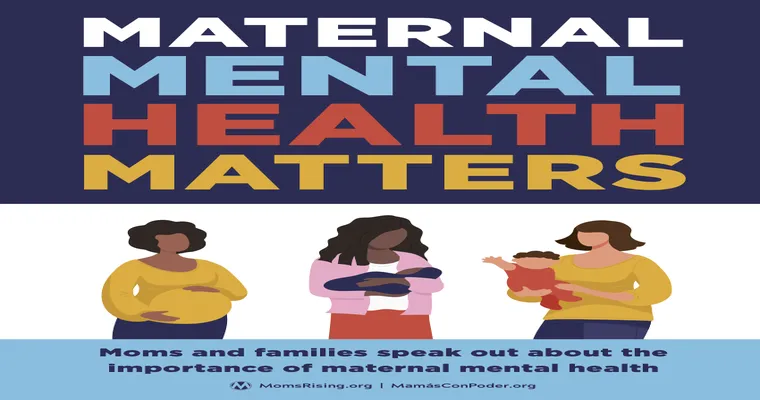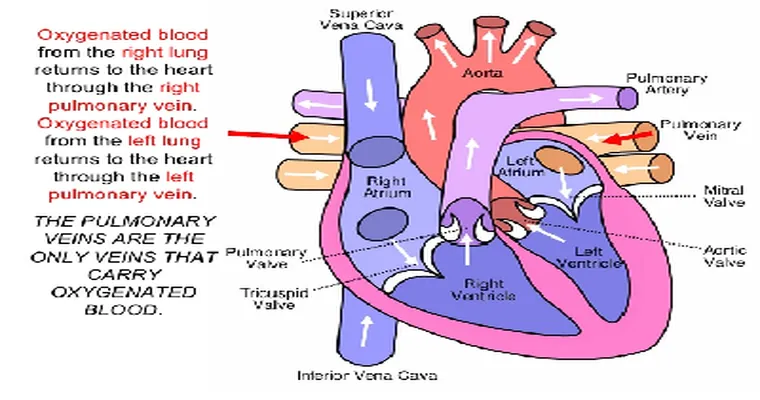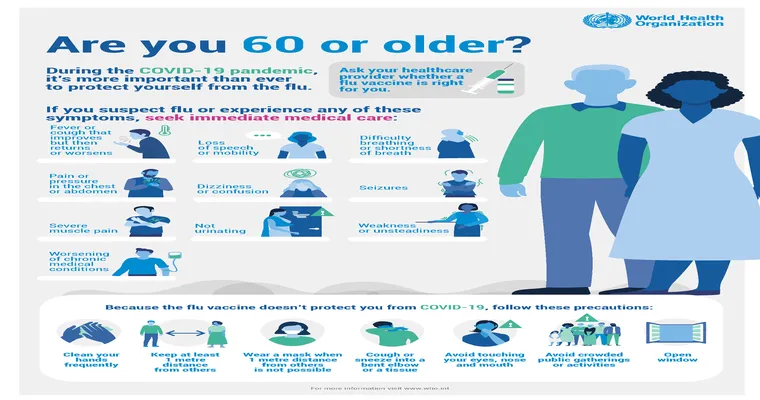When a loved one, particularly an elderly parent, begins to exhibit "extreme confusion", it can be distressing and alarming. Two common culprits that can lead to this troubling behavior are "medications" and "infections". Understanding the potential causes of confusion in older adults is crucial for caregivers and family members. This article will explore how these factors might contribute to your dad's confusion, helping you navigate this challenging situation.
Understanding the Role of Medications
Many seniors take multiple "medications" for various health conditions, which can sometimes lead to side effects or interactions that affect cognitive function. "Antidepressants", "antihistamines", and "sedatives" are particularly known for causing confusion in older adults. If your dad has recently started a new medication or changed his dosage, this could be a significant factor in his confusion.
It's essential to speak with your dad's healthcare provider to review his medications. They can assess whether any of the prescribed drugs might be contributing to his cognitive changes. Additionally, keep an eye out for signs of "polypharmacy", which refers to the use of multiple medications that may interact negatively with one another.
Infections and Cognitive Changes
Infections can also lead to confusion, especially in older adults. Conditions such as "urinary tract infections" (UTIs), pneumonia, or even sepsis can cause sudden changes in mental status. In fact, infections can trigger a condition known as "delirium", which is characterized by confusion, disorientation, and fluctuations in attention.
If your dad has been experiencing other symptoms, such as fever, chills, or changes in appetite, it's crucial to seek medical attention. A healthcare provider can conduct tests to determine if an infection is present and initiate appropriate treatment to help clear the infection and potentially alleviate the confusion.
Signs to Look Out For
As a caregiver, it's important to monitor your dad for specific signs that might indicate whether the confusion is related to medications or an infection. Some signs to consider include:
Recent changes in medication regimen
Any new prescriptions or dosage adjustments
Symptoms of infection such as fever or unusual behavior
Changes in sleep patterns or energy levels
By keeping detailed notes of these observations, you can provide valuable information to healthcare professionals, aiding in a more accurate diagnosis.
When to Seek Help
If your dad's confusion is persistent or worsening, it's essential to seek medical help as soon as possible. Early intervention can help identify the underlying cause, whether it be medication-related or due to an infection. A healthcare professional can perform a thorough assessment and recommend appropriate treatment options.
Conclusion
Navigating the complexities of confusion in older adults can be challenging, especially when considering potential causes such as "medications" and "infections". By staying vigilant and proactive in your approach, you can help ensure that your dad receives the care he needs. Always consult with healthcare providers for the best course of action, and don't hesitate to ask questions about any changes you observe in your dad's behavior. Understanding the root cause of confusion is the first step toward finding a solution and improving his quality of life.





